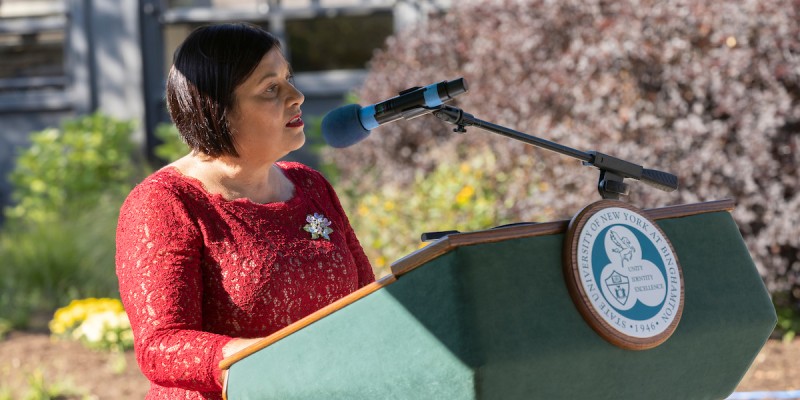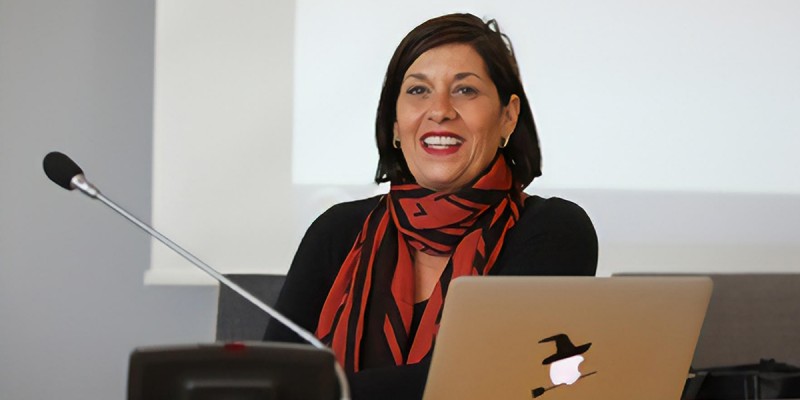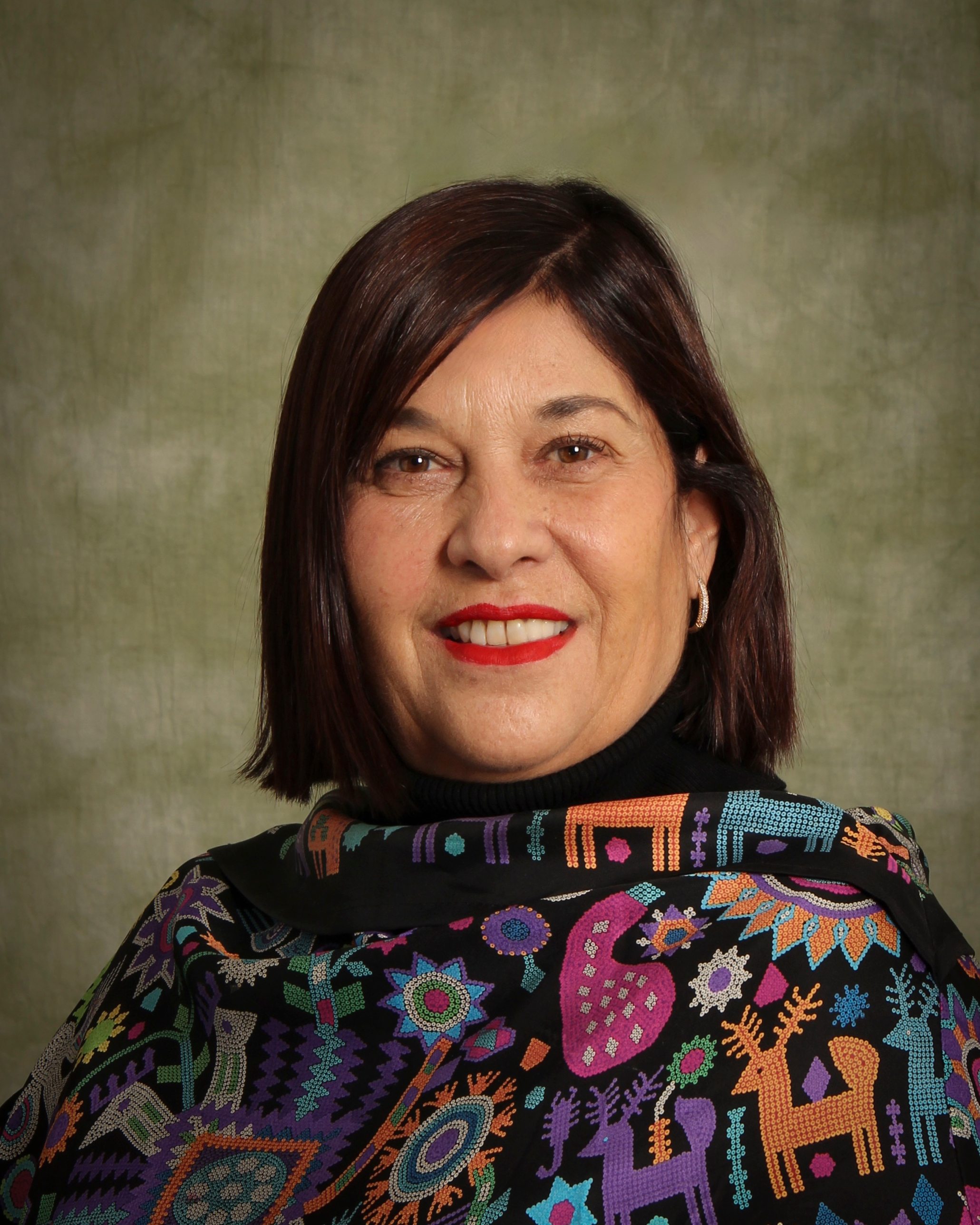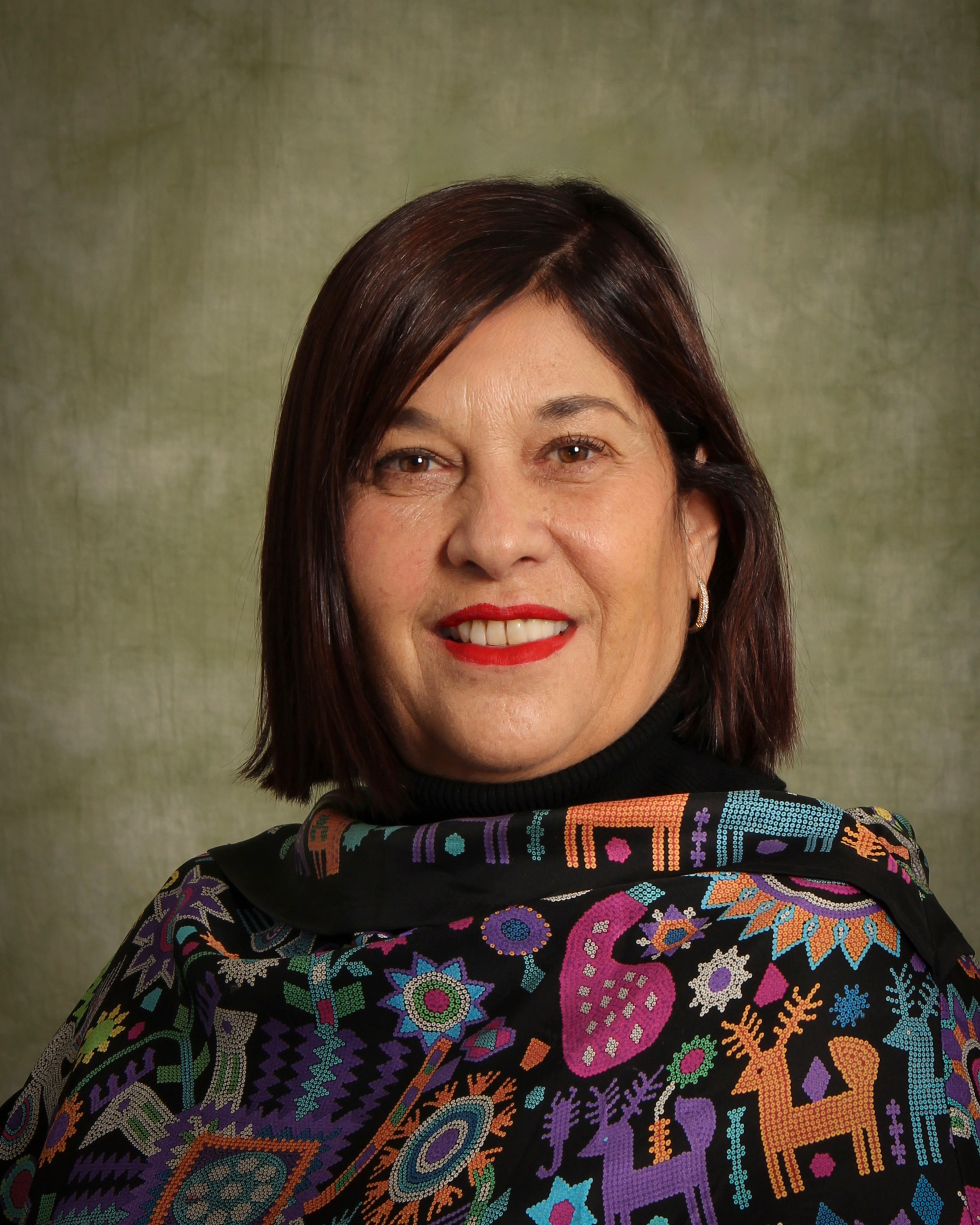Lorena Aguilar | Source | Executive Director of Kaschak Institute for Social Justice for Women and Girl...

Lorena Aguilar
Aguilar is passionate about gender equality, human rights, inclusion and sustainable development, with over three decades providing strategic contributions to national and international policies. Leading inclusive collaboration with government counterparts, UN agencies, international organizations, and civil society towards advancing equitable sustainable development. Lorena has field experience in more than 50 countries across Latin America, the Caribbean, Eastern Europe, Africa, and Asia. Ms. Aguilar also served as Vice-Chancellor of Costa Rica.
She has been a pioneer in the creation of influential international gender networks such as the Network of Women Ministers and Leaders of the Environment (NWMLE) and the Global Gender and Climate Alliance (GGCA). Lorena has been a Board member of numerous reputable organizations including Women Organizing for Change in Agriculture and Natural Resource Management (WOCAN), the 2006 Champion of the Earth laureate Women’s Environment and Development Organization (WEDO), and Momentum for Change under the United Nations Climate Change Convention (UNFCCC).
Lorena has authored numerous publications on gender, sustainable development, disaster risk reduction, forests, water, health and environment, and is an engaging speaker at international conferences, congresses and other high-level events.
-

Binghamton University, State University of New York
Executive Director of Kaschak Institute for Social Justice for Women and Girls
-
Kaschak Institute supports climate change on a global stage - Binghamton News
One area the Kaschak institute focuses on is the linkage between social justice and environmental sustainability, with a very important area of work being climate change.
Article -
(Video) Lorena Aguilar: “El cambio climático tiene rostro de mujer”
Foto: Audrey Córdova/SPDA. En entrevista con Actualidad Ambiental, Lorena Aguilar, especialista en temas de género de la UICN, explicóque el cambio climático tiene impactos diferenciados en hombres y mujeres. Destacóque diversos estudioshan puesto de manifiesto que “en aquellos países donde hay
Article -
A Q&A with the new Kaschak Institute executive director - Binghamton News
Lorena Aguilar spoke to BingUNews about her new position as executive director of the Ellyn Uram Kaschak Institute for Social Justice for Women and Girls.
Article
-
We have to live our lives based on certain principles of respect for human beings, respect for nature and respect for one another. We have to live by those principles, and some of them are not easy to live by. For example, it is every day in the way you consume. If you call yourself a feminist and consume to unimaginable levels, your decisions affect the women in my country. Your decisions are creating such a significant carbon footprint that you are putting me at risk as a woman, child or girl. So how can you call yourself a feminist when you do not take into account how your decisions are going to have an impact on other women and other girls around the world?
For example, I am not going to buy all these clothes. Can I buy second-hand clothes? What will people say? I have heard this in the U.S. I don’t tell people I go to thrift shops. Why? I do it because it is an ecological decision. I am doing it based on my principles. I do not buy anything that I cannot recycle or reuse.




